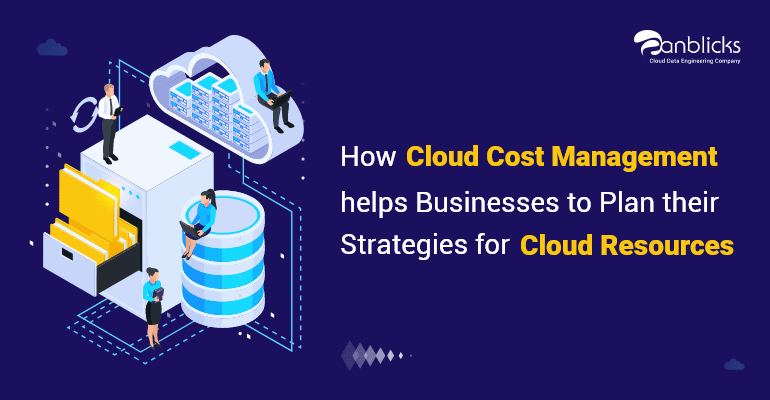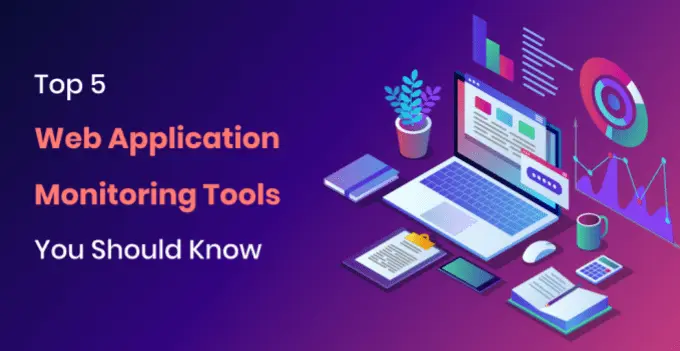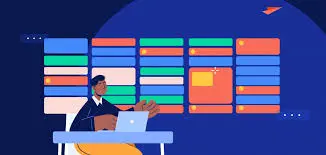Unleashing Financial Potential with Top Free Accounting Software

In the bustling world of business, efficiency in managing finances is crucial. Free accounting software has become a game-changer for many small businesses and freelancers, allowing them to streamline their financial operations without the overhead of costly subscriptions. This guide explores the best free accounting software available, helping you decide to elevate your business management without breaking the bank.
- What is Free Accounting Software?
- Why Choose Free Accounting Software?
- How to Choose the Right Free Accounting Software?
- FAQs About Free Accounting Software
- Conclusion:
What is Free Accounting Software?
Free accounting software provides essential financial management tools—invoicing, expense tracking, and financial reporting—without any cost to the user. These platforms are particularly beneficial for small business owners, startups, and freelancers who require robust accounting solutions on a tight budget.
Why Choose Free Accounting Software?
- Cost Efficiency: Minimize operational costs by avoiding expensive software licenses.
- Ease of Use: Many free tools are designed with user-friendliness in mind, making them accessible even for those without a background in finance.
- Scalability: As your business grows, these tools often offer paid upgrades that can scale with your needs.
Reviewing the Best Free Accounting Software of 2024

Wave – Best Overall for Unlimited Users and Invoices
Key Features:
- Unlimited invoicing and receipt scanning.
- Supports unlimited bank and credit card connections.
- Multi-business support with no additional cost.
Benefits:
- It is ideal for freelancers and small businesses with robust financial tracking needs.
- Automated reminders for overdue invoices enhance accounts receivable management.
Zip Books – Best for Feature Richness
Key Features:
- Unlimited invoices and vendor/customer management.
- Integrates with payment solutions like PayPal and Square.
Benefits:
- Extensive features meet the needs of growing businesses.
- User-friendly interface and excellent customer support.
Akaunting – Best for Multilingual Support
Key Features:
- Available in 45 languages.
- It offers basic features needed for accounting, with up to four app integrations, for free.
Benefits:
- Ideal for international users.
- Simple, user-friendly interface suitable for beginners.
GnuCash – Best for Standard Accounting Practices
Key Features:
- Double-entry bookkeeping.
- Scheduled transactions and comprehensive financial reports.
Benefits:
- A good fit for individuals who appreciate detailed financial management.
- It is entirely free, making it accessible to everyone.
NCH Express – Best for Small Businesses
Key Features:
- Supports inventory management and recurring invoices.
- Designed for small businesses with fewer than five employees.
Benefits:
- Includes features often only found in paid software.
- Simple interface.
How to Choose the Right Free Accounting Software?
Choosing the right software involves evaluating several factors:
- Business Size and Needs: Match software capabilities with your business demands.
- Usability: Consider software with an intuitive interface.
- Support and Resources: Look for good customer support options.
FAQs About Free Accounting Software
Q1: What features can I expect from free accounting software? Free accounting software typically includes features necessary for essential financial management, such as invoicing, expense tracking, and simple reports. Some platforms offer additional capabilities like receipt scanning, multi-currency support, and limited payroll services.
Q2: How does free accounting software remain free? Most free software models are based on the “freemium” model, where basic features are free, but additional advanced features require payment. Some companies generate revenue from software ads or offer paid upgrades for more comprehensive support and features.
Q3: Are there any limitations to using free accounting software? Yes, free versions often come with limitations. These can include caps on the number of invoices you can send, limits on the number of users, and restricted access to advanced features. Storage limitations and less comprehensive customer support are other common restrictions.
Q4: Can free accounting software integrate with other business tools? Yes, many free accounting software solutions offer integrations with popular business tools like payment gateways (PayPal, Stripe), e-commerce platforms (Shopify), and other productivity tools (Google Sheets, Excel). However, the extent of integration can vary, and some integrations might only be available in paid plans.
Q5: Is free accounting software secure enough for my business? Reputable free accounting software typically employs robust security measures, including data encryption and secure data centers, to protect your financial information. However, reviewing the software provider’s security policies is essential to ensure they meet your business’s standards.
Q6: How do I transition from free accounting software to a paid plan? Transitioning is usually straightforward. Most software platforms design their services to simplify upgrading, allowing you to keep all your data and settings intact. Upgrading typically involves selecting a paid plan and entering payment details, and the additional features become available immediately.
Q7: Will using free accounting software impact my business’s credibility? Using free accounting software does not inherently affect your business’s credibility. Many small companies and startups use these tools successfully to manage their finances. The key is to ensure that the software meets your accounting needs and maintains professional standards for invoicing and reporting.
Q8: How often do free accounting software providers update their software? Software updates can vary by provider, but most reputable software companies regularly update their free and paid versions to improve security, add new features, and enhance user experience. Regular updates ensure the software complies with the latest financial regulations and technological advancements.
Q9: Can I access free accounting software on multiple devices? Yes, most modern free accounting software solutions are cloud-based, allowing you to access your account from various devices, including desktops, laptops, tablets, and smartphones. This flexibility ensures you can manage your finances on the go and from any location.
Q10: What kind of support can I expect with free accounting software? Support options may be limited to free plans and typically include self-service resources like FAQs, forums, and online documentation. Some providers may offer email support, but phone or live chat support is often reserved for paying customers.
Conclusion:
Free accounting software can significantly reduce the financial burden on small businesses and freelancers, offering powerful tools to manage finances effectively. By choosing the right platform that aligns with your business needs and growth aspirations, you can achieve better financial oversight and success without incurring high costs. Embrace the potential of free accounting software and watch your business thrive in the competitive digital age.
This blog post provides an in-depth look at the possibilities and advantages of using free accounting software, with various options tailored to meet different business needs, ensuring readers can make well-informed decisions based on their specific requirements.






